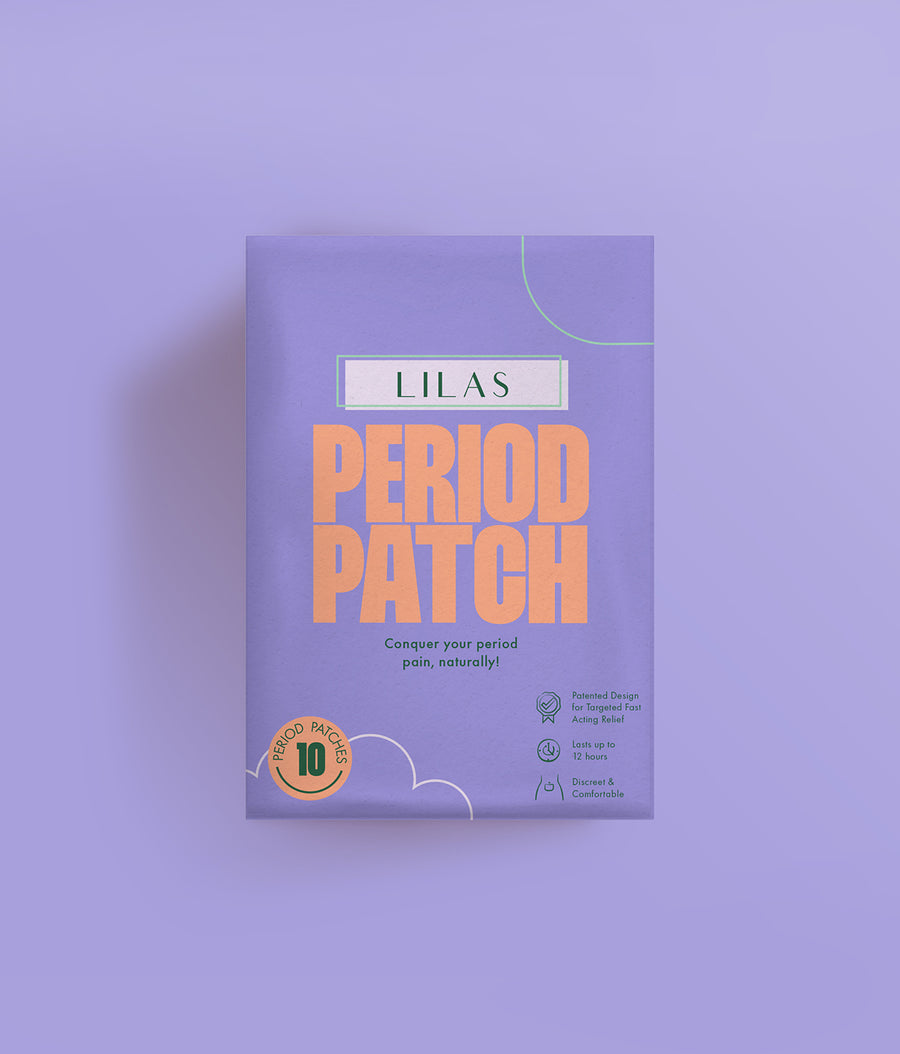The Double-Edged Sword of Social Media Use During COVID
Social media has profoundly shaped the way in which we understand communication in our current era. It can be hard to imagine our world without it since, for better or for worse, social media is often an integral part of our day to day lives. But ever since the onset of the coronavirus pandemic, social media use has new higher stakes. The pros and cons of social media have both been sharpened by these unprecedented circumstances. This makes healthily navigating social media all the more important. On the one hand, social media is a much-needed outlet of connectivity for people to stay in touch despite geographic barriers. While this has always been true, virtual engagement has been all the more important amid COVID-related restrictions. As questions surrounding reopening schools and other entities swirl around in public discourse, people have different comfort levels in having face to face interactions. Using social media can be a sure-fire way to having safe, fun, and socially distant exchanges. I think it is reasonable to say that through the coronavirus pandemic, we all need each other now more than ever. And out of some twisted irony, coming together has often meant physically staying apart for the sake of public health. Social media has bridged gaps, helping us feel less alone during the mandated isolation of quarantine. Speaking from my personal experience, I am truly thankful for social media because it helped me stay connected to my college friends and colleagues when everything transitioned to remote learning. Without it, I wouldn’t have been able to revel in the glory of my 2020 graduation ceremony from the comfort of my living room.
To be clear, however, social has by no means been a safe haven during COVID either. While social media has been beneficial in maintaining healthy levels of interpersonal communication, it also has the potential to be an overwhelming echochamber of information, much of which isn’t necessarily vetted before it’s shared. Reputable research indicates that even seeing useful, well-researched, and encouraging information through social media can take its toll on someone’s psychological well-being. Misinformation, which has always plagued social media to some extent, just makes the situation worse. A study conducted at the University of Southern California in May 2020 tracked the dissemination of coronavirus-related posts on Twitter. By May 12, 2020, 30,800,000 tweets included a coronavirus reference. This number has undoubtedly increased since then. Out of the tweets pertinent to COVID concerns, the researchers identified and categorized tweets propagating misinformation, presenting their findings in comprehensive charts. The misinformation was so rampant in fact that the researchers behind this study, along with other experts have deemed COVID an “infodemic,” a pandemic of unclear and bewildering information. As these conflicting messages go viral, it becomes increasingly difficult to fortify a unified front of public health action against the coronavirus. We all need to be intentional about fighting misinformation about the pandemic and carefully discerning the validity of messages rushing our way. Misinformation in social media is always toxic, but during COVID, it is quite literally threatening people’s lives. The stakes have never been higher.
Social media has always been a double-edged sword. It has always been on one hand, a healthy means of connection and mobilization, while on the other, a destructive force of misinformation and division. COVID sharpened social media’s benefits and detriments. As we continue to work together through this pandemic as a community, let’s engage with social media in the best ways we can. Let’s prioritize our mental health and take breaks from social media when we need to. We can do this by establishing boundaries for when and where we scroll through our feeds and regularly checking on our emotions as we peruse content. Let’s be discerning and careful to only share COVID information from trusted and reputable sources. And last but not least, let's use social media to, well, be social in constructive ways and keep hope alive in the midst of this uncertain time.


Leave a comment